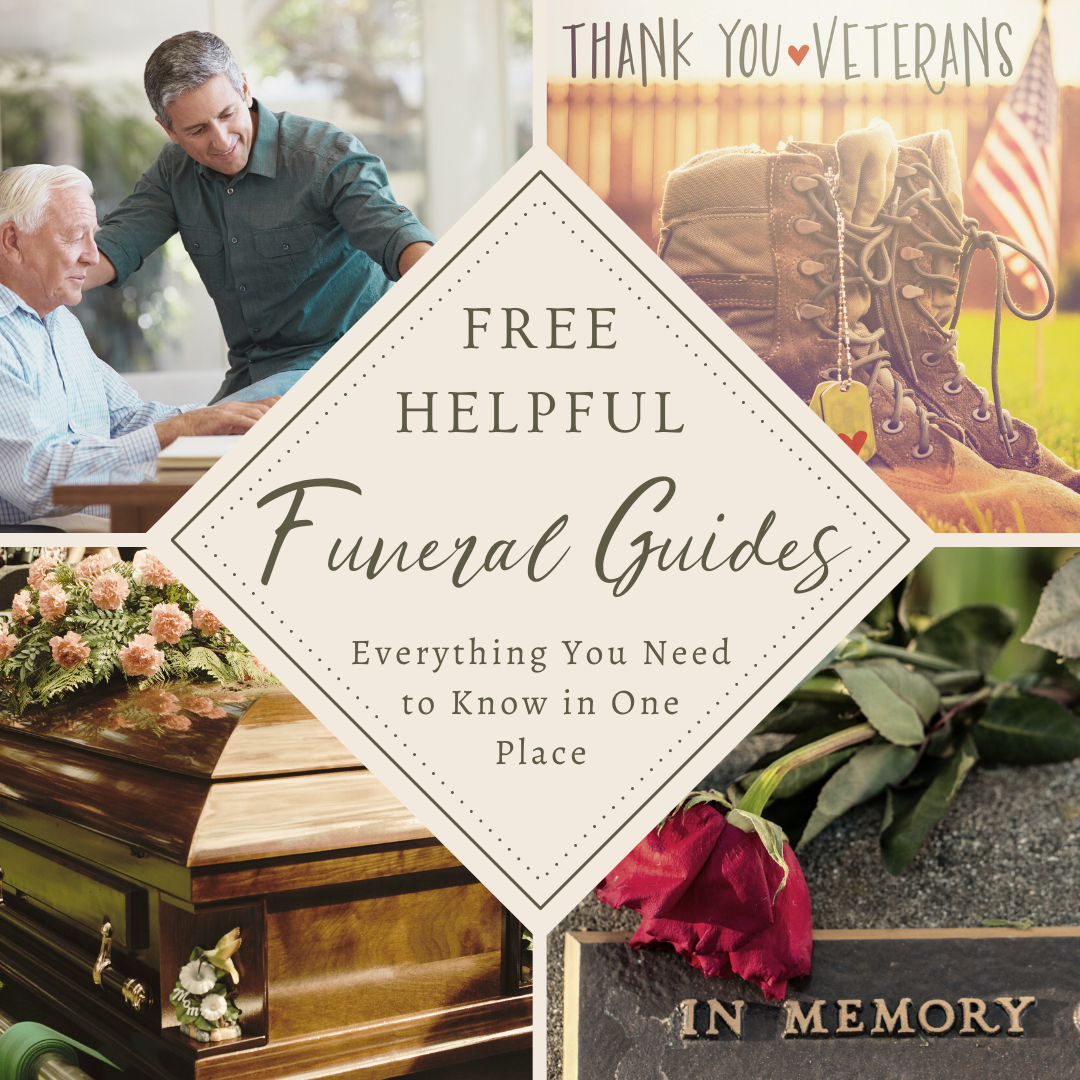Supporting a loved one in the transition to an assisted living center can be a difficult task. Here are some tips to help support your loved one in this transition.

Supporting a loved one in the transition to an assisted living center can be a difficult task. It is often an enormous transition for someone who has been used to living on their own to move to a new place with new neighbors and caregivers. Your loved one may feel like they are losing their independence and they may mourn this loss. However, at some point in many people’s lives, this is the right choice to make. Here are some tips to help support your loved one in this transition.
-
Include your loved one in the decision-making process. Discuss the benefits of moving to an assisted living community but acknowledge your loved one’s concerns and anxieties.
-
Research your options. Visit different communities and bring your loved one if possible.
-
Help make the new place feel comfortable. While your loved one can’t bring everything with them, you can bring important things. Photos, smaller pieces of furniture, or special dishes can be brought to the new place to make it feel more like home.
-
Give it some time. It can take anywhere from a few weeks to a few months for someone to adjust to a new living situation.
-
Deal with the ups and downs. Some days your loved one may be happy and other days they may feel lonely and tell you they want to go home. Know that these feelings are normal and will likely pass. If your loved one continues to struggle, talk to the staff members to see if there is a way they can help.
-
Build a team and ask for help. If you can’t be there as often as you like due to other responsibilities, ask for help from other friends or family members.
-
Help your loved one make friends. Encourage your loved one to get to know their neighbors. Help them understand the benefits of socializing with other residents.
-
Be an advocate for your loved one. Get to know the caregivers and staff in the community. Don’t hesitate to ask questions and speak up if there is something you think your loved one needs that they aren’t getting.
-
Visit regularly. If possible, set up a visiting schedule so your loved one knows when you are coming and can look forward to your visit.
There is no single piece of advice that works for everyone. This will likely be a difficult transition for everyone involved, but the support of friends and family can help. Hopefully these tips will help as well.

